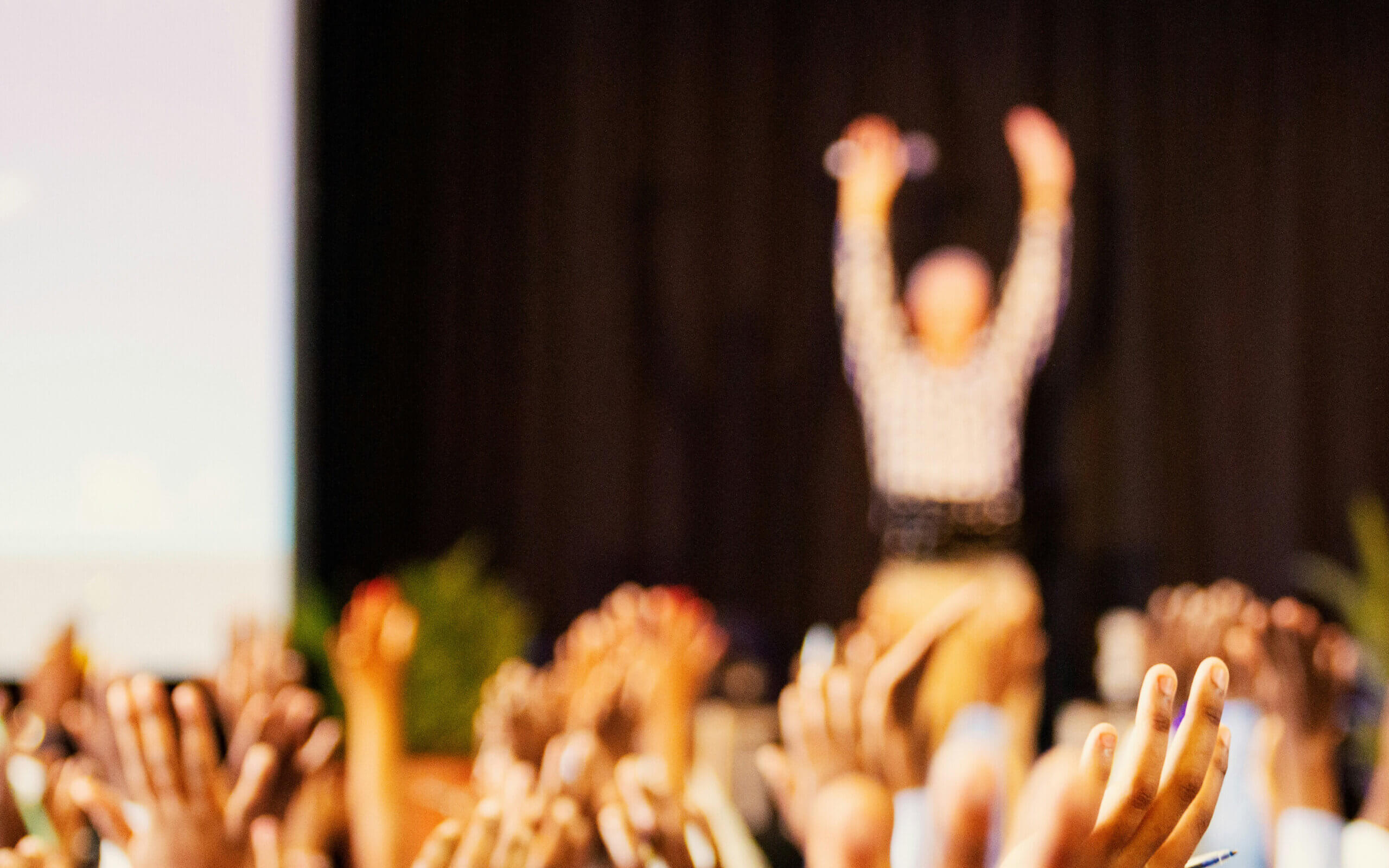In the fifth edition of our ‘Psychology of’ series, we delve into the psychology of conferences, exploring why we’re drawn to educating ourselves, connecting with others, and coming together through events.
From organising conferences to attending them, these gatherings serve a deeper purpose: they satisfy our innate need to learn, share, and belong within our professional communities.
Belonging and social identity
Conferences fulfil powerful psychological needs starting with belonging.
According to ConferenceTap, people gravitate toward gatherings to reinforce their affiliation with like-minded communities, enhancing both identity and esteem.
Maslow’s Hierarchy of Needs is a psychological theory proposed by Abraham Maslow in 1943 that explains human motivation as a progression through five levels of needs.
Maslow’s hierarchy confirms this: once safety is secured, we crave connections and peer recognition.
Academic conferences, for instance, bring professionals together under shared interests, creating a sense of closeness that forms deep bonds between individuals. Especially for students, custom sessions help build networks with mentors and peers, aiding career development.
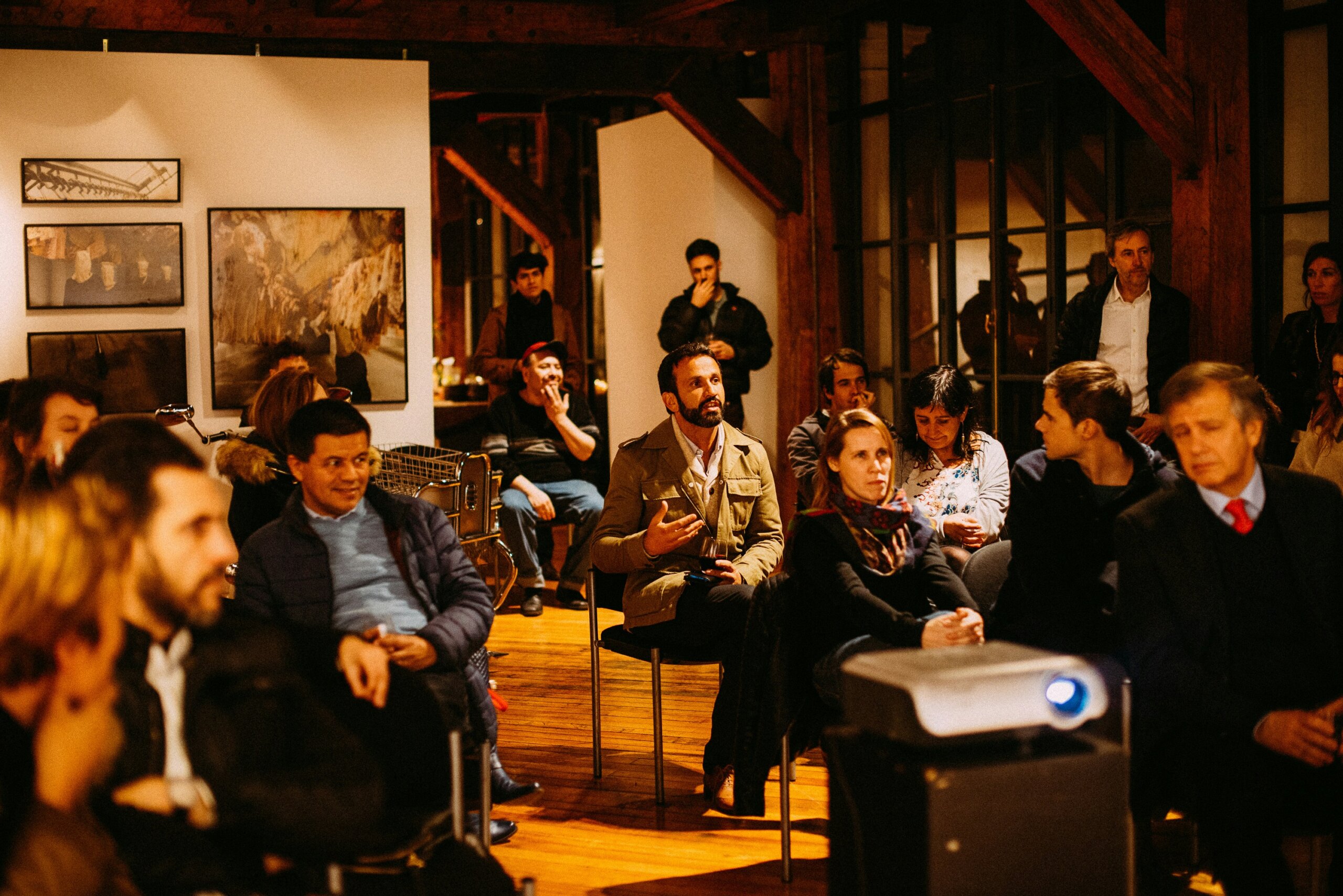
Collective effervescence: Shared emotional energy
Émile Durkheim coined collective effervescence to describe the surge of shared emotion and unity in group rituals, rituals that boost individual energy and group identity.
Modern psychology confirms similar dynamics at conferences: emotional synchronisation, or perceived emotional synchrony (PES), fosters bonding, well-being, and a sense of being part of something larger.
Whether it’s a keynote audience responding in unison or spontaneous applause in reaction to a breakthrough idea, these moments amplify emotional engagement and leave lasting positive impressions.
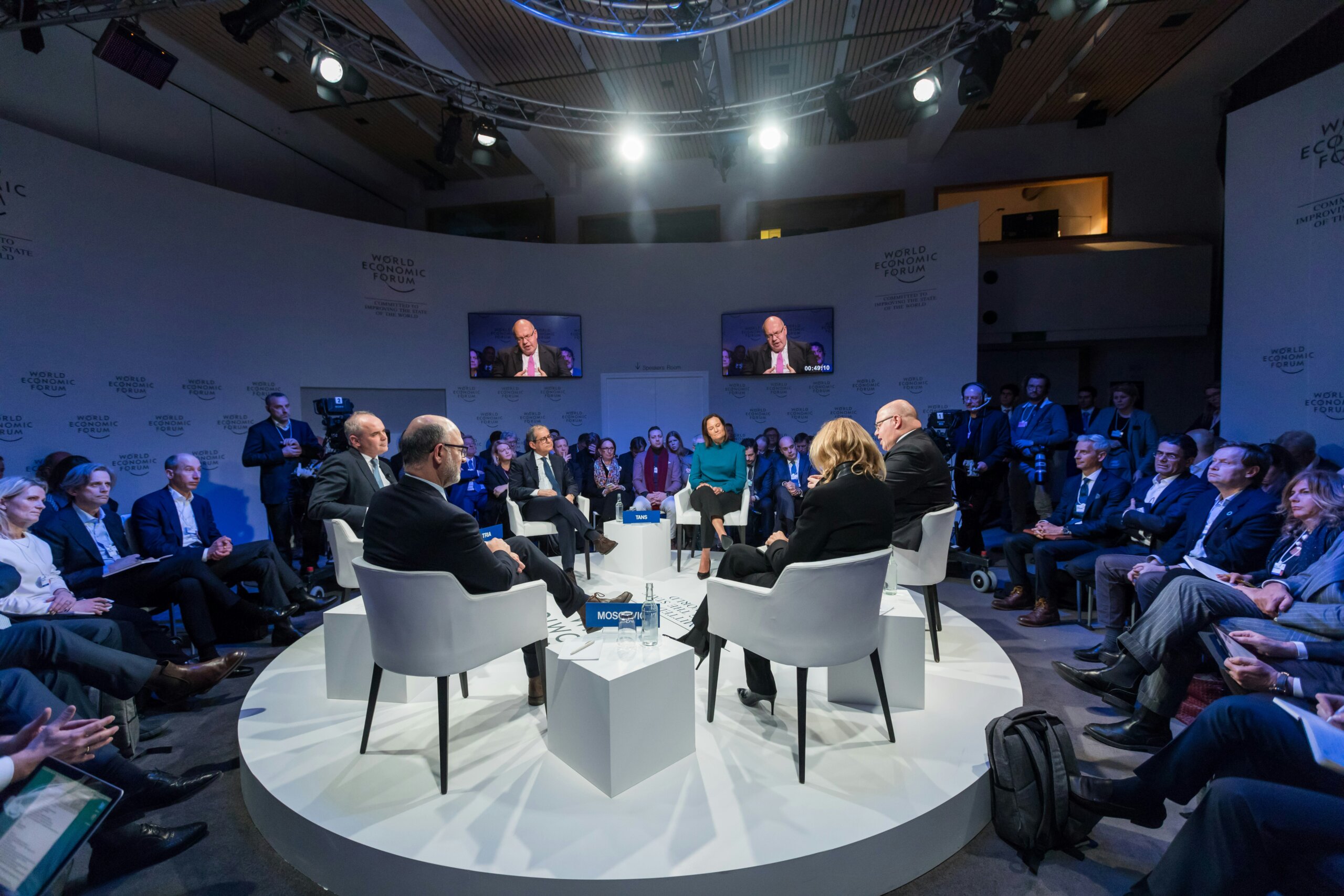
Learning, dopamine & growth
Conferences offer intellectual stimulation. Exposure to new ideas sparks curiosity and dopamine-driven rewards, especially when we present or discuss findings.
Studies demonstrate that attending presentations boosts both intentional and serendipitous idea diffusion, increasing citation rates and propelling collaborations up to 62.5%. Workshops create cognitive flow states that energise participants and strengthen professional confidence.
Meanwhile, student-focused psychology events highlight how presenting research enhances resumes and mastery.
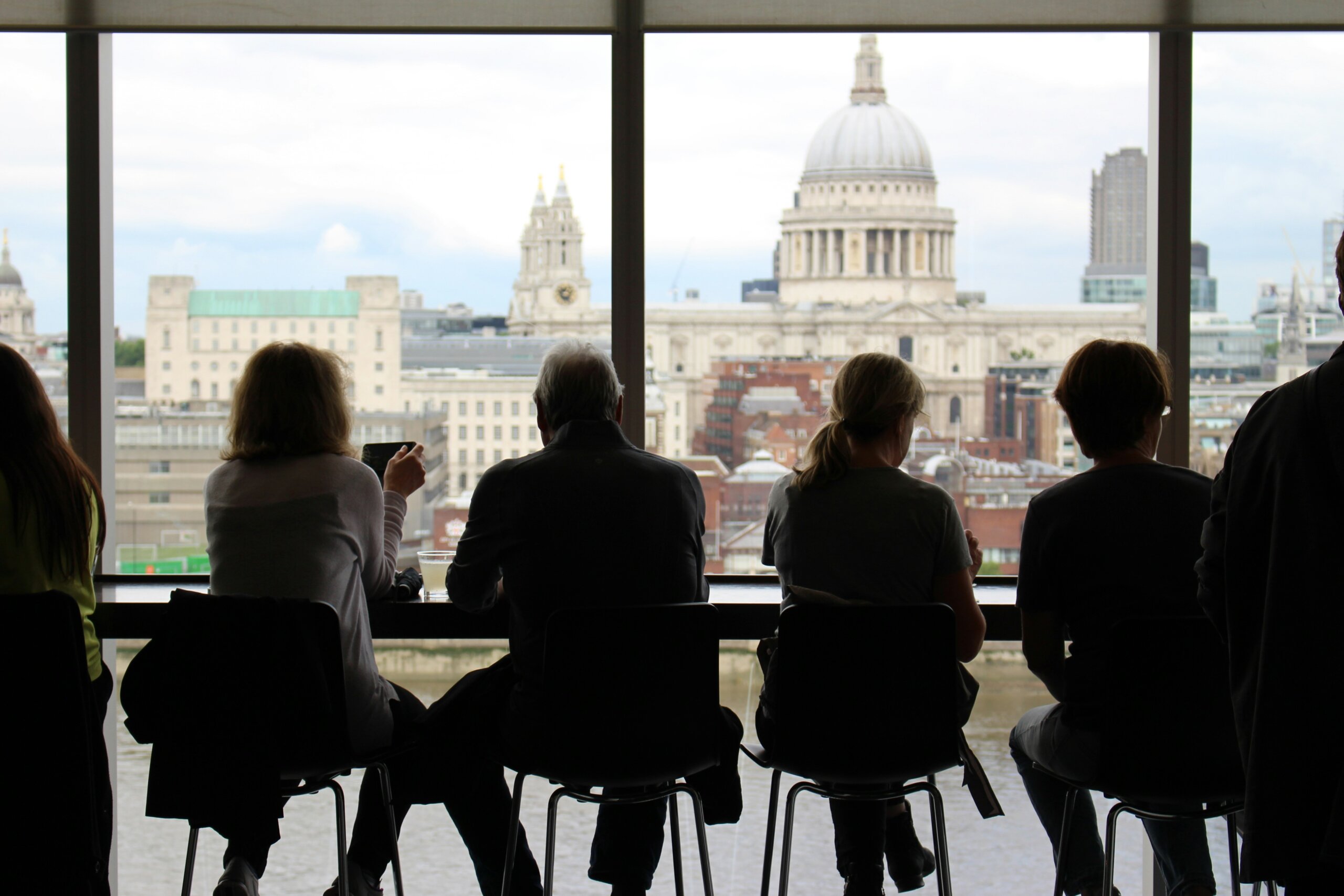
Networking and future collaborations
Networking is a top conference draw. Physicians-to-be, researchers, or corporate pros all rely on in-person interactions to form meaningful professional bonds.
For scientists, data shows those who engage more during events are significantly likelier to collaborate and organisers can even design interactions to boost team formation.
In psychology circles, social hours and coffee breaks often spark cross-generational mentoring, fostering both kinship and career advancement.
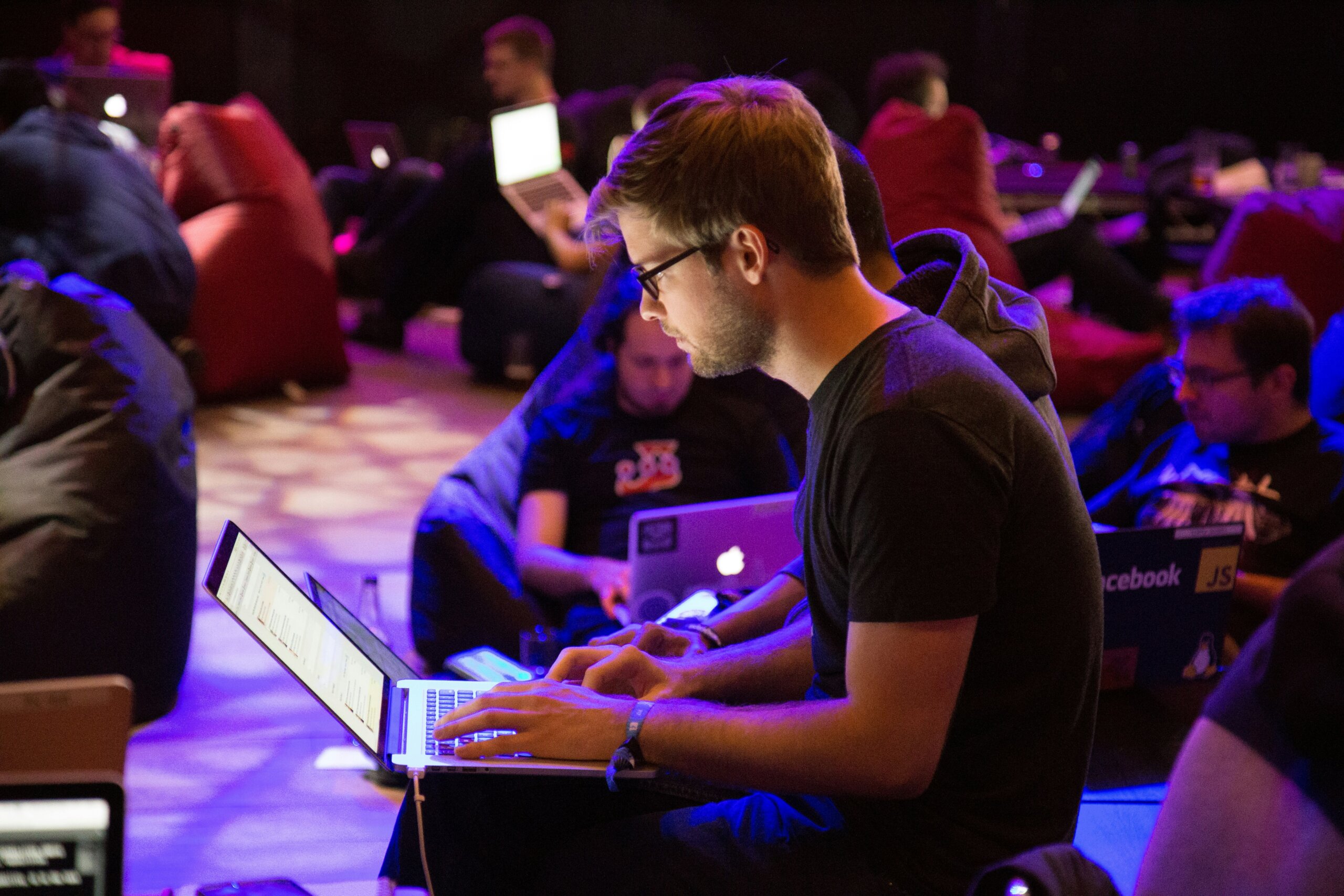
Rituals & symbolic structures
Conferences have rituals, welcoming badges, session openings, collective applause. These enact group rituals that enhance cohesion, much like religious or cultural ceremonies. Even a simple handshake or round of applause activates mirror neurons and emotional resonance that digital events often lack.

FOMO, scarcity, and social proof
Social psychology shows FOMO (fear of missing out) and scarcity biases work here. People are more likely to attend “unmissable” events when they see a full agenda, keynote speakers, or peer attendance.
Platforms showcasing testimonials and attendee numbers tap into social proof and urgency to boost sign-ups.
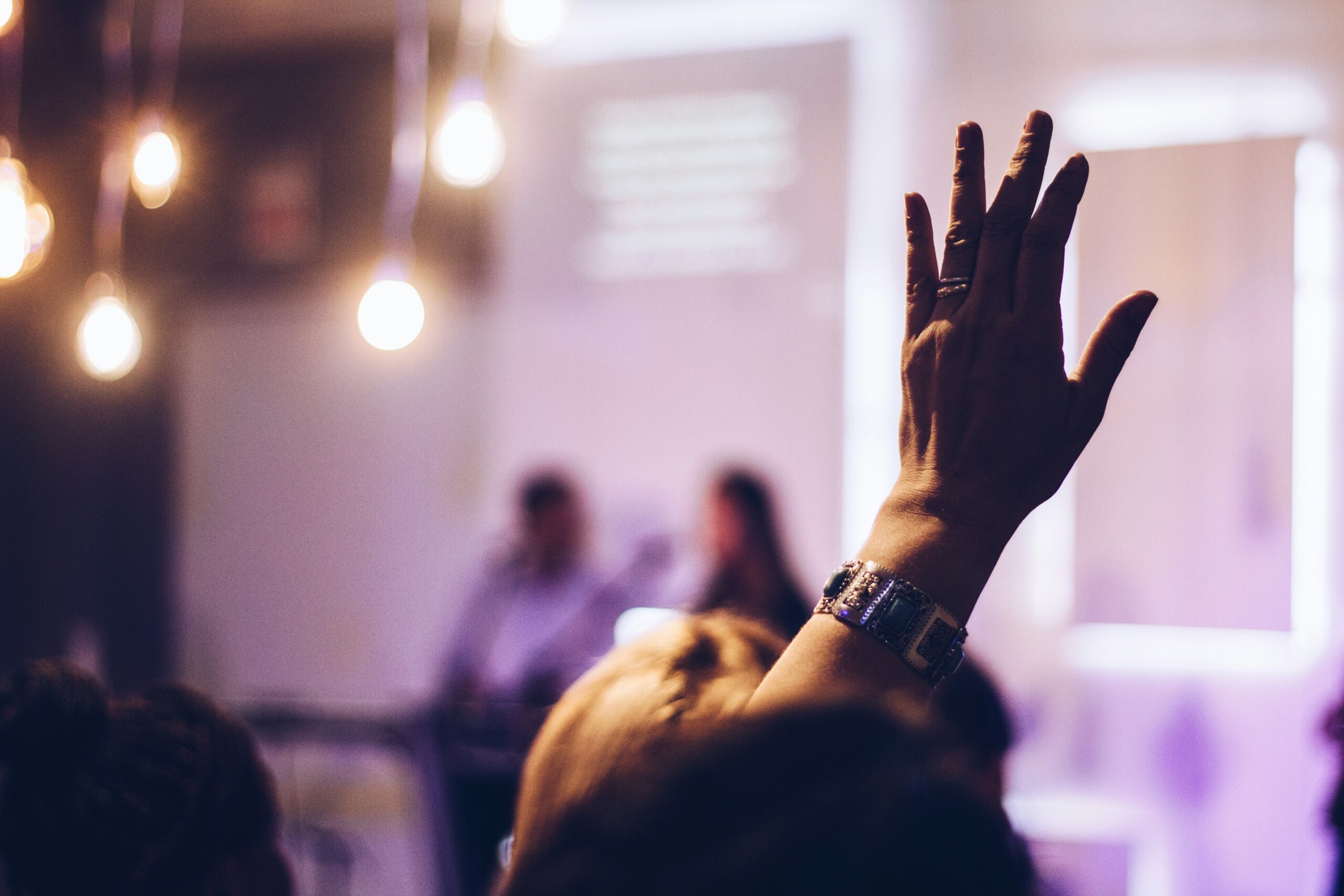
Why in-person beats digital
Conferences are human-first experiences. They satisfy belonging, spark emotional synergy, foster learning and collaboration, and offer rich social rituals. As hybrid and virtual models expand, the core is clear: people crave real-time, in-person connection, collective energy, and shared discovery.

